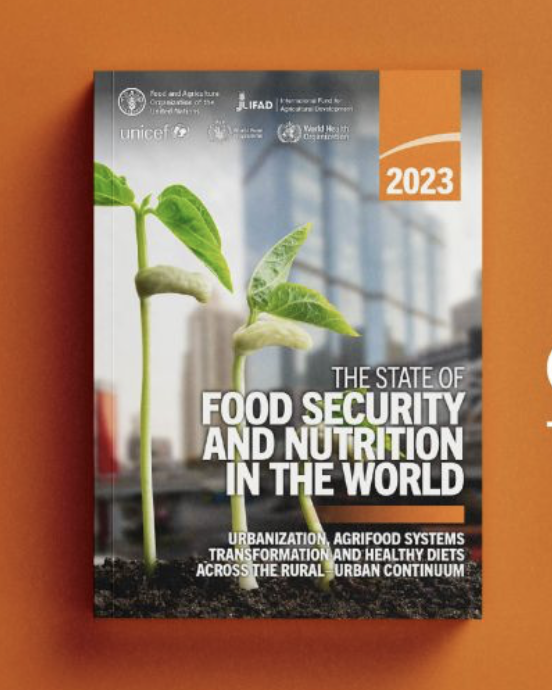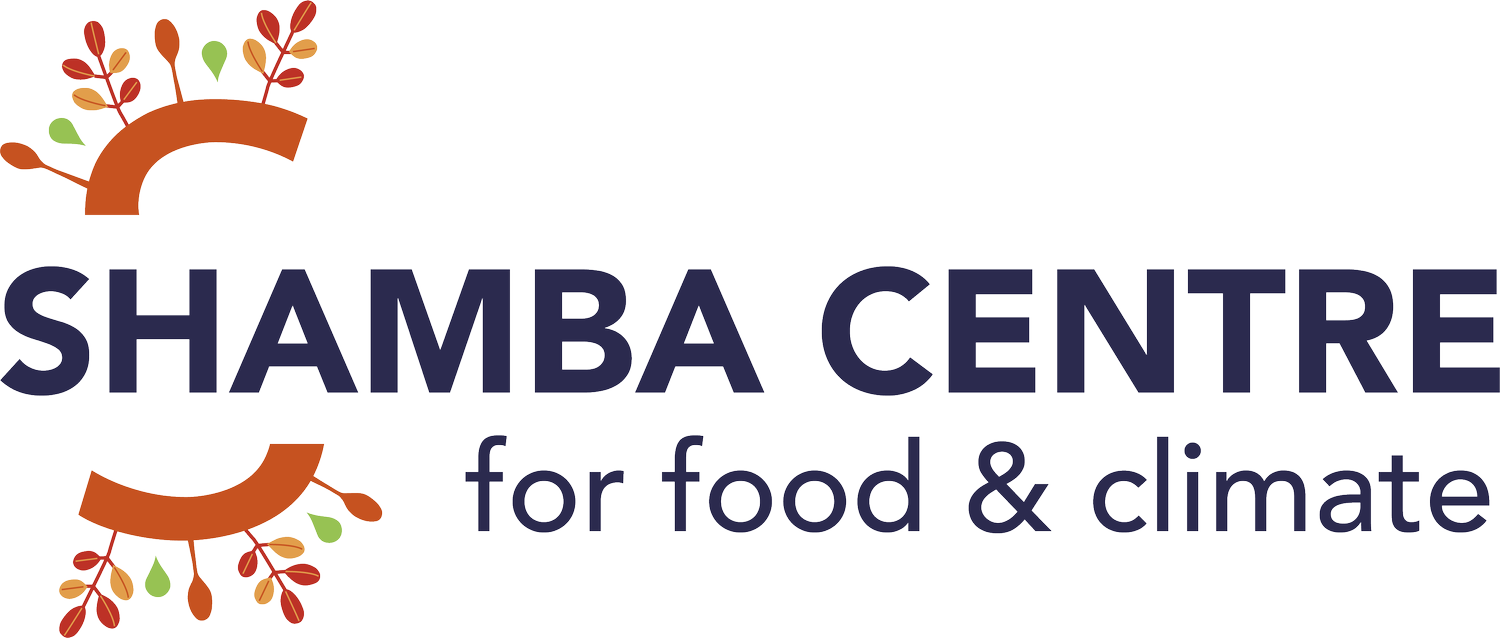
735 million people still hungry, but new evidence shows urbanisation is the next food battle
12 July 2023, Carin Smaller
Hunger levels have not recovered from the global pandemic, three La Nina in a row and the Ukraine war. According to the latest UN report on the State of Food Security and Nutrition in the World, there are a total of 735 million people hungry, and 122 million more than before these events. And while the report warns that shocks like these are now the new norm, it is structural drivers like the rapid pace of urbanisation that that will drive the most significant changes in how we produce and consume food.
In 1950, only a third of people lived in cities. Today its more than half. By 2050, more than two-thirds of the world’s population will live in and around cities. This rapid urbanisation is shaping the transformation of agriculture and food systems. And it looks very different to the urbanisation of the 1950s, with the current trend characterized by increased urban-rural linkages, and most people living in peri-urban areas. (SOFI, 2023)
With migration from rural areas to cities comes the hope of new economic, social, and cultural opportunities. But the dark side is that this migration is often forced, driven by rural poverty and hunger, the lack of access to public services, climate change, environmental degradation, and competition for scarce natural resources, such land and water.
According to the report, another challenge is the change in the quality of diets towards more processed and highly processed foods that are high in salt, sugar and fat. The UN report presents new evidence that challenges previous thinking. It finds that both urban and rural populations are relying more on food purchases and eating more processed foods, including highly processed foods. And with those poor quality diets comes the growing burden of malnutrition, where people are not getting sufficient macro and micro-nutrients in their diet, and overweight and obesity levels end up dwarfing the hunger numbers.
A holistic approach is needed
We need to do things differently if we are to ensure access to affordable and healthy diets to all in a sustainable way. We need to shape the transformation that is currently under way by simultaneously progressing in three areas:
Nutrition: By making nutritious foods more affordable, accessible, and desirable to eat, particularly for women and children.
Environment: Mitigating against environmental damage from climate change, biodiversity loss, and pollution, whilst at the same time adapting to the increasingly extreme environmental shocks.
Incomes: By empowering the poorest and most vulnerable, particularly women, through social protection programmes.
These are all massive agendas. But within them there is already strong evidence on what works.
A roadmap for change
That is why, together with FAO and the University of Notre Dame, we are launching a new project at the UN Food Systems Summit in July in Rome. Hesat2030 will deliver donors and international organisations with a global roadmap for the most effective ways and the price tag for how to end hunger sustainably, nutritiously, and equitably. The roadmap will deliver an integrated strategic vision where each intervention area contributes to specific objectives, based on its comparative advantages, but also delivers across targets by breaking silos and providing a portfolio of solutions.
To tackle the environmental sustainability crisis in agriculture requires choosing crops that are less methane intensive than rice, like the neglected crops such as millet and sorghum, and choosing protein sources that are less methane intensive than red meat, such as fish, poultry and eggs. It also requires adopting best practices and improved technologies through technical assistance and access to finance small-scale producers.
The same crops that could contribute to fight climate change could also contribute to improved nutrition. But to tackle the nutrition crisis, we also need more targeted solutions. One effective way is to invest in household education about food waste and safe food storage methods, and on infrastructure development, especially along the value chain and for perishables like dairy, fruits, and vegetables. These investments would contribute to better nutrition and less hunger, and have substantial climate change mitigation and adaptation benefits.
To tackle the equity crisis, making production systems more resilient and more efficient will help improve the incomes of small-scale producers and mitigate the damage of shocks, but it will also require massive social protection programmes on a scale that we have not seen before. Governments must mobilise their own domestic resources to scale up and support social protection, targeting the most vulnerable to support national nutritional and development objectives and build resilience to climate change and other shocks. Countries like Ethiopia and Nigeria have highly effective social protection programs in place which can be built upon and expanded. However, the financial sustainability of these programs is dependent on the efforts to invest on structural interventions that will reduce the needs over time.
Context is essential, as is the perspective of smallholder farmers and SMEs. Innovation in these three areas can embrace new technologies, such as decentralized storage space powered by renewable energy to increase the shelf-life of fruits and vegetables or rely on traditional knowledge and use crop residues as feed for livestock to increase dairy production.
For Hesat2030, the mission is to use the latest progress in artificial intelligence, economic modelling, advocacy and partnerships, to bring donors and governments the highest quality and most up-to date evidence and analysis to drive the change needed in a transforming world.
